By John Wesley Karson
The start of the Outlaw movement doesn’t have a definitive date, as opinions vary depending on who you ask. However, a significant milestone often associated with its inception is Willie Nelson’s iconic 4th of July Picnics in 1973. The previous year, in the spring, the Dripping Springs Reunion showcased performances by Bill Monroe, Loretta Lynn, and Roy Acuff. However, it was in 1973 when native Texans Willie Nelson, Waylon Jennings, and Kris Kristofferson made headlines by reuniting to headline the festival.
There has been much debate and confusion surrounding what truly defines an Outlaw in country music. The original Outlaws themselves disliked the term, and both new artists and fans often use it incorrectly. Allow me to provide some clarification:
Being an Outlaw in country music has nothing to do with having tattoos. It has nothing to do with motorcycles, explicit language in music, or references to drugs. It is not about incorporating rock influences into your music or living a rebellious “Outlaw” lifestyle. The essence of being an Outlaw has little to do with the music itself. Outlaw music can encompass traditional country, neo-traditional country, or country-rock. There is no specific sound that defines Outlaw country. As long as it falls within the realm of country music, it can be considered Outlaw music.
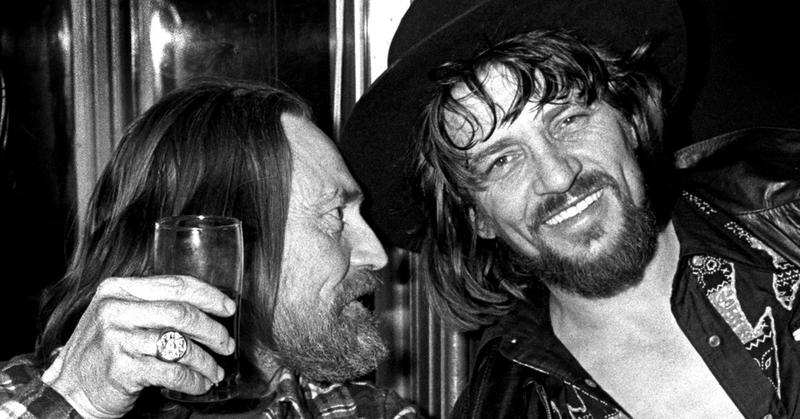
While the aforementioned elements can be associated with the overall Outlaw culture, it is worth noting that neither Willie, Waylon, nor Kris had tattoos, rode motorcycles, or were heavy drinkers. What united them with Outlaws who did enjoy drinking, such as Johnny Paycheck, or who rode motorcycles and had tattoos, such as David Allan Coe, was the shared experience of fighting for creative control of their music within the country music establishment and ultimately succeeding. This is what distinguishes a country music artist as an Outlaw.

Let it be noted that Johnny Cash, Buck Owens, and Merle Haggard were never bestowed the official title of “Outlaws.” However, one could certainly make a compelling argument that Owens and Haggard’s steadfast decision to stay clear of Nashville and forge their own path, shaping the distinctive Bakersfield Sound, aligns them with the Outlaw ethos. Cash, too, embarked on an Outlaw journey in his later years, as evidenced by his collaboration with The Highwaymen and his remarkable work on Rick Rubin’s American Recordings. Moreover, Cash maintained strong connections and meaningful interactions with fellow Outlaws throughout his illustrious career. While the official designation may have eluded them, their artistic choices and affiliations firmly planted them in the realm of the Outlaw spirit.
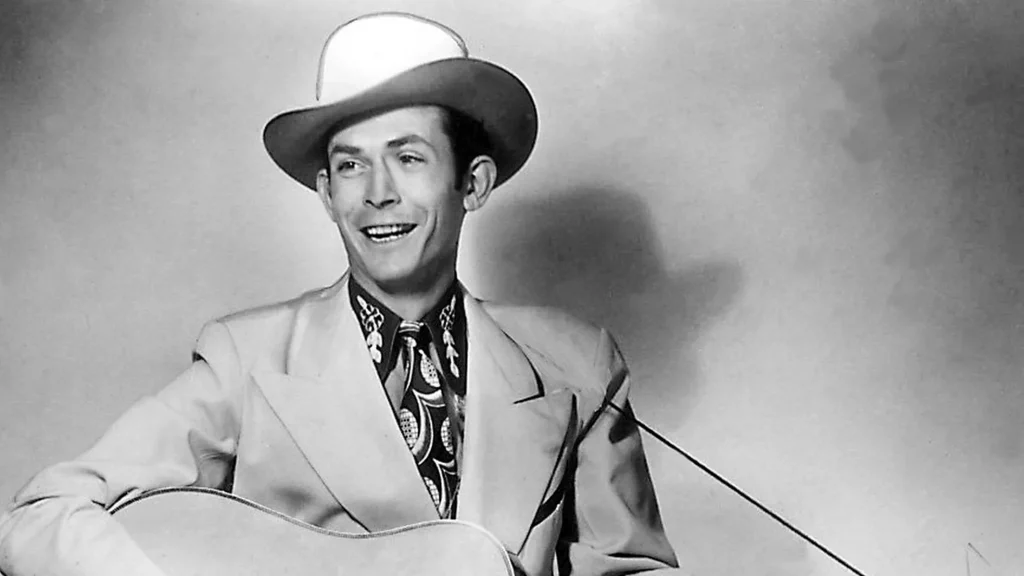
Hank Williams Sr. embodied the spirit of an outlaw through his music as well as personal struggles. Despite his brief but impactful career, Williams left an indelible mark on the genre. His raw and emotive singing style, coupled with his introspective songwriting, challenged the conventions of the country music of his time. Williams’ songs delved into the depths of human emotions, addressing heartbreak, loneliness, and the harsh realities of life. His turbulent personal life, marked by addiction and personal demons, further fueled his outlaw image. But Outlaw is more than an image and because Hank Williams Sr. fearlessly walked his own path, leaving an enduring legacy that continues to inspire generations of musicians today, he was by all means the original Outlaw of Country Music.

In the landscape of country music, Bobby Bare stands as a trailblazer who championed creative control and fearlessly introduced taboo themes into the genre long before the emergence of Willie Nelson and Waylon Jennings. His groundbreaking contributions are epitomized by the release of his 1966 song “Streets of Baltimore.” In this poignant composition, Bare subtly delved into the delicate subject of a woman leaving her partner to pursue a life as a prostitute—a topic that was considered highly unconventional for country music at the time. With this daring exploration of complex human narratives, Bobby Bare paved the way for a new era of artistic freedom and pushed the boundaries of what was deemed acceptable within the genre. His courage and pioneering spirit continue to resonate, leaving an indelible influence on country music’s evolution.
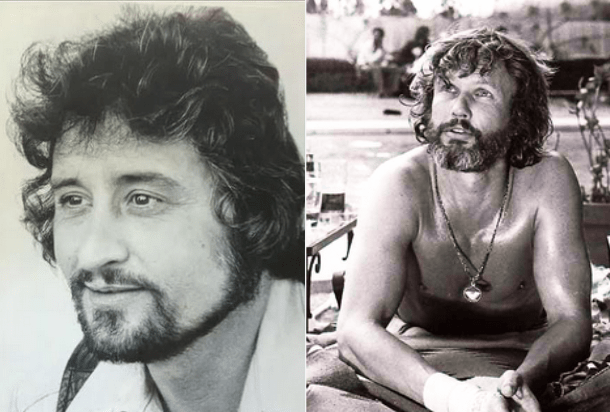
Another barrier was broken by Kris Kristofferson’s “Sunday Morning Coming Down,” which references wanting to be “stoned.” However, Tompall Glaser truly ignited the Outlaw revolution when he established a renegade recording studio called “Hillbilly Central” on 19th Ave in Nashville.
During that time, Nashville’s music industry was predominantly controlled by a select few, including RCA producer Chet Atkins and the Acuff-Rose Publishing Company. Almost all music produced in Nashville was recorded at RCA’s “Studio B.” Artists’ songs were written by dedicated songwriters, selected and arranged by record label producers. Studio musicians were handpicked by producers and unionized, preventing the use of external musicians, such as those from an artist’s touring band.
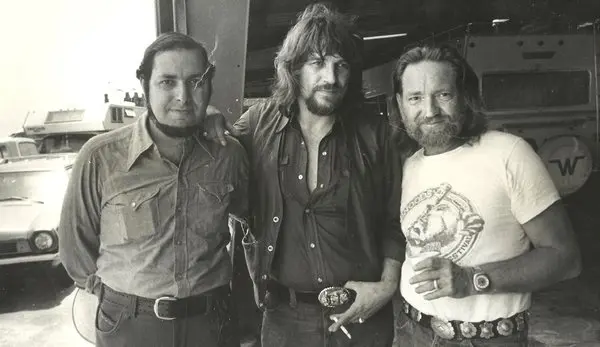
Enter Neil Reshen, a savvy lawyer from New York. Reshen helped Willie Nelson and Waylon Jennings, who were dissatisfied with RCA, break their contracts and regain control over their music. Inspired by Bobby Bare and rock musicians who enjoyed significant creative control, Willie left RCA and eventually signed with Atlantic, a rock label, securing complete creative control. Waylon remained with RCA but achieved an unprecedented level of control over his music, setting a new precedent on Music Row.
Waylon’s first notable move was recording the album Honky Tonk Heroes in 1973, featuring songs by Billy Joe Shaver, at Tompall’s Hillbilly Central. This was a groundbreaking moment in country music history because, facilitated by Reshen’s legal maneuvers, it shattered the Music Row monopoly. It opened the floodgates for artists to record outside of RCA’s “Studio B” (or Studio A) and without relying on union studio musicians. It also led to the decline of label-owned studios and the rise of independently-owned studios.
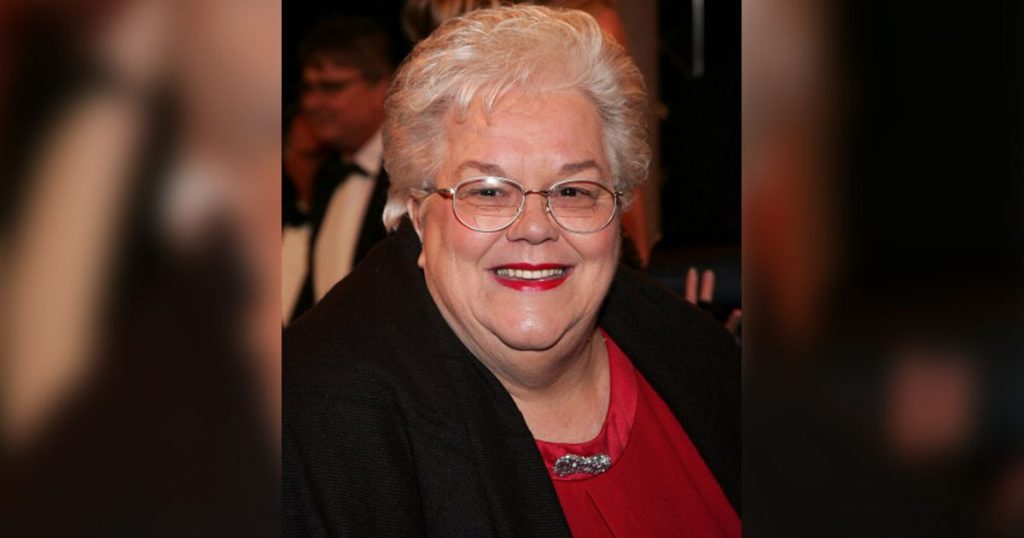
Hazel Smith, a pivotal figure in the Outlaw Country movement, is credited with creating the term “Outlaw Country” to describe the music being released by artists such as Willie Nelson, Waylon Jennings, and Kris Kristofferson. As the story goes, when asked by a journalist how to refer to this unique and rebellious style of country music in an article he was writing, Smith spontaneously responded with “Outlaw Country.” This phrase perfectly encapsulated the independent and nonconformist nature of the music that was challenging the mainstream establishment. It captured the raw, gritty, and authentic qualities of the songs and the artists behind them. Hazel Smith’s spontaneous creation of the term “Outlaw Country” not only provided a succinct descriptor but also became synonymous with the movement itself, forever shaping the narrative and understanding of this influential genre of music.
The subsequent significant development occurred in 1975 when Willie Nelson released Red Headed Stranger, a critically acclaimed album widely regarded as one of the greatest in country music history. It was recorded in a small studio in Garland, TX, with Willie’s own musicians and on a minimal budget. The following year, RCA released Wanted! The Outlaws, the first country music album to sell over a million copies. All the songs on these albums were recorded with the artists having the final say.
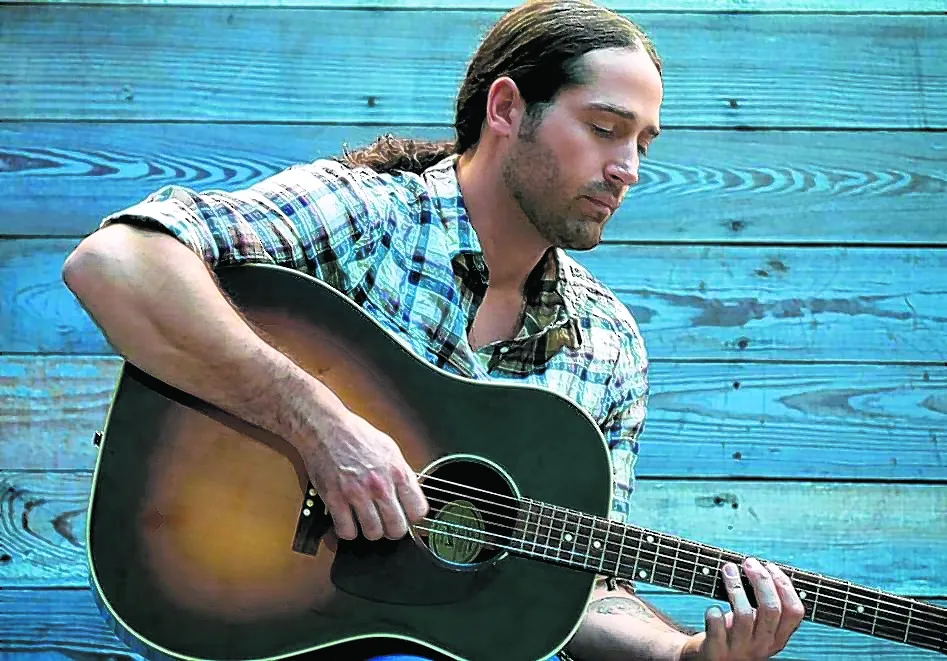
When artists like Josh Thompson attribute their “Outlaw ways” to Waylon, referring to his college-style drinking habits and partying, it is reasonable to challenge that perception. Being an Outlaw is more about refusing to release music that is completely controlled by industry producers from start to finish. It is a mindset based on strong-willed principles. Anything beyond that is subjective and based on personal opinions or cultural elements.
What exactly defines a Country Music Outlaw in today’s world? It often feels like a term tossed around merely to boost record sales. Yet, at its core, it was meant to embrace those who fearlessly forged their own musical path. It celebrated the creation of honest music—music that resonated with truth. To me, an Outlaw is synonymous with honesty. The Bakersfield boys embodied this spirit, crafting their sound with unwavering conviction. Bill Monroe, Flatt Scruggs, and Chubby Wise defied conventions, birthing an entirely new genre. Flatt and Scruggs pushed the boundaries further with the addition of a dobro. You see, being an Outlaw isn’t solely about rebellion; it’s about adding your unique essence to the symphony. True authenticity lies in the distinct sound one creates. Toby Keith may sound like Tim McGraw, but Hank Williams never echoes Ernest Tubb.
An Outlaw, I believe, encompasses two vital qualities: the ability to contribute to the musical tapestry and the unwavering commitment to follow the heart, regardless of external judgment. It has nothing to do with the number of songs you write glorifying recklessness or the excessive indulgence in vices. I eagerly anticipate the day when the younger generation grasps this concept. Too often, the so-called “underground scene” houses self-proclaimed outlaws who churn out predictable tunes laden with tired clichés.
Don’t y’all think this outlaw bit’s done got out of hand? I, for one, believe so. But hey, what do I know?